by Michael Haskew
King Victor Emmanuel III waited impatiently at the Villa Savoia in Rome on the afternoon of July 25, 1943. Ordinarily, a Sunday afternoon might have offered some opportunity for rest even in the midst of war. On this day, however, unpleasant business took precedence.
[text_ad]
A few minutes after 5 PM, the car carrying Victor Emmanuel’s visitor pulled through the gate and came to a halt. Out stepped Benito Mussolini, the theatrical, stern faced bull of a man who had ruled Italy with the iron hand of Fascism for more than 20 years. At the height of his power, Il Duce, or the Leader, as Mussolini was called, had entertained visions of the restoration of the Roman Empire under his modern reign that would be reminiscent of the great Caesars. By the summer of 1943, however, that dream had been irrevocably shattered.
No Confidence Left
Defeats on the battlefields of North Africa and the Allied landings in Sicily were only the latest in a litany of setbacks for the Italian military, and the nation relied heavily on Mussolini’s Axis partner—Adolf Hitler and Nazi Germany—for much of its own defense. The people of Italy had had their fill of war, and the privations that came along with it eroded Mussolini’s popularity substantially. Allied air raids made life miserable, and the austerity of rationing restricted the average daily allotment of food to a mere 1,000 calories. There was simply no confidence left in the ability of Il Duce to somehow snatch victory from the gaping maw of what appeared to be inevitable defeat.
Only hours prior to the meeting between Mussolini and Victor Emmanuel, a powerful advisory committee known as the Fascist Grand Council had convened. When the question of Mussolini’s continuing rule was raised, the resulting vote was 19-7, resoundingly in favor of his removal. At first, Mussolini gave little thought to the vote, which in itself was non-binding. Still, the rising tide of opposition was undeniable. It was left to the king to provide a distasteful dose of reality, and with Mussolini’s arrival at the Villa Savoia Victor Emmanuel laid the situation bare.
Italy In Pieces
“My dear Duce, it cannot go on any longer,” said the king. “Italy is in pieces. Army morale has reached the bottom, and the soldiers do not want to fight any longer. The Alpine regiments have a song saying that they are through fighting Mussolini’s war. The result of the vote cast by the Grand Council is devastating…Surely, you have no illusions as to how Italians feel about you at this moment. You are the most hated man in Italy; you have not a single friend left, except for me.”
Victor Emmanuel went on to explain that Marshal Pietro Badoglio was his choice to assume the office of prime minister and to assure Mussolini that arrangements had been made for his personal safety. An ambulance arrived to take the ousted leader to a military barracks, where he was surrounded by guards. Slowly, he came to the realization that he was not being protected but had been placed under arrest. It was an ignominious end to the rule of Il Duce, who had promised so much to the Italian people but delivered only destruction and misery.
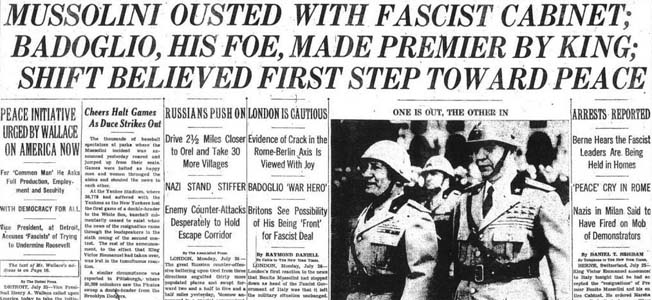

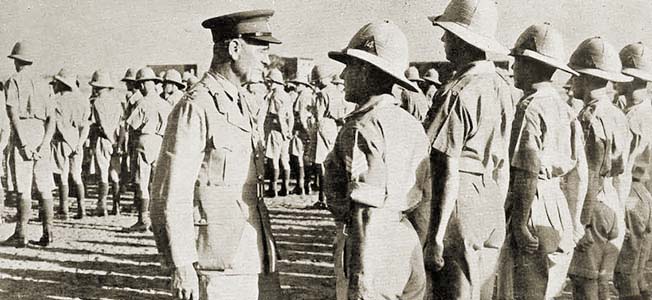
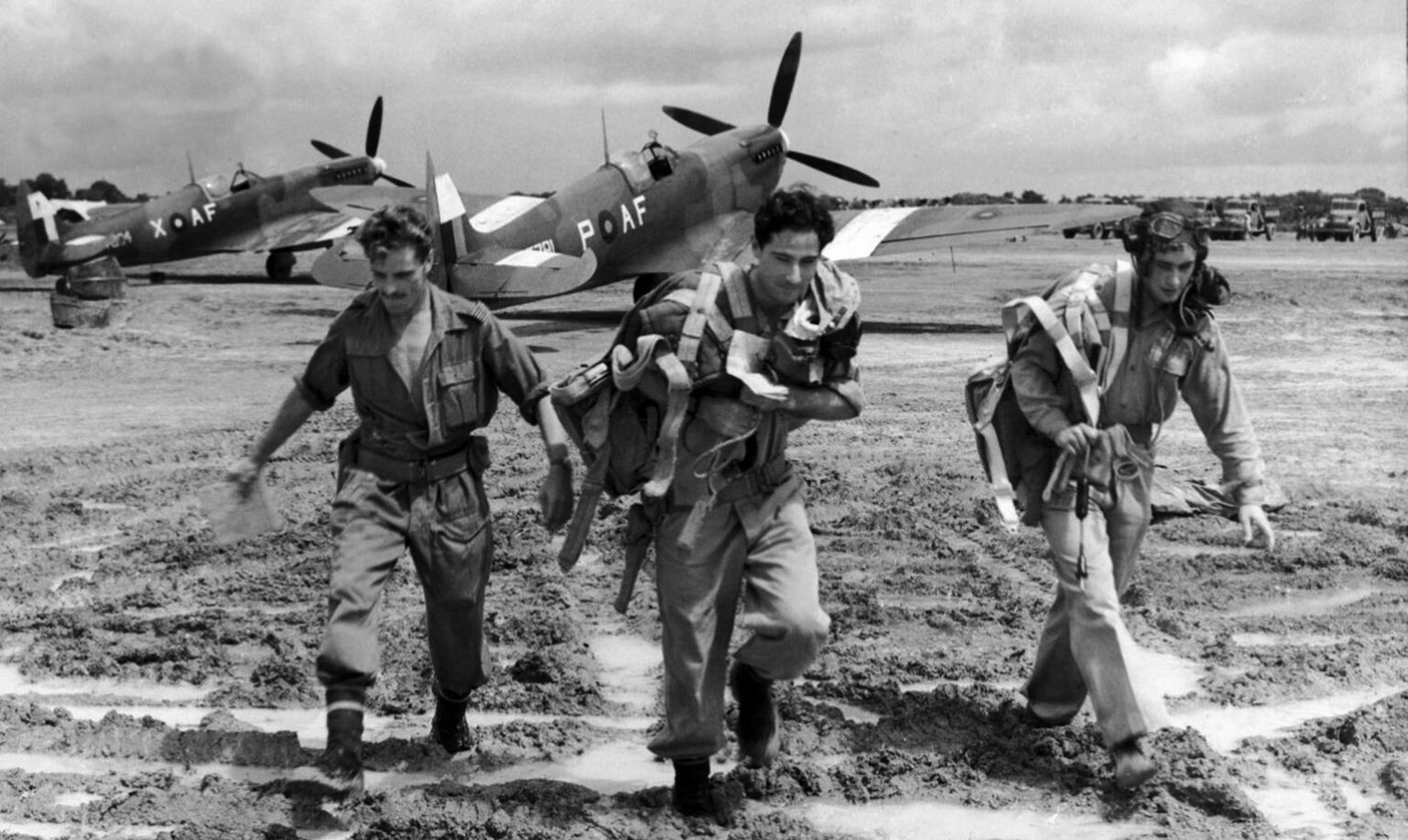

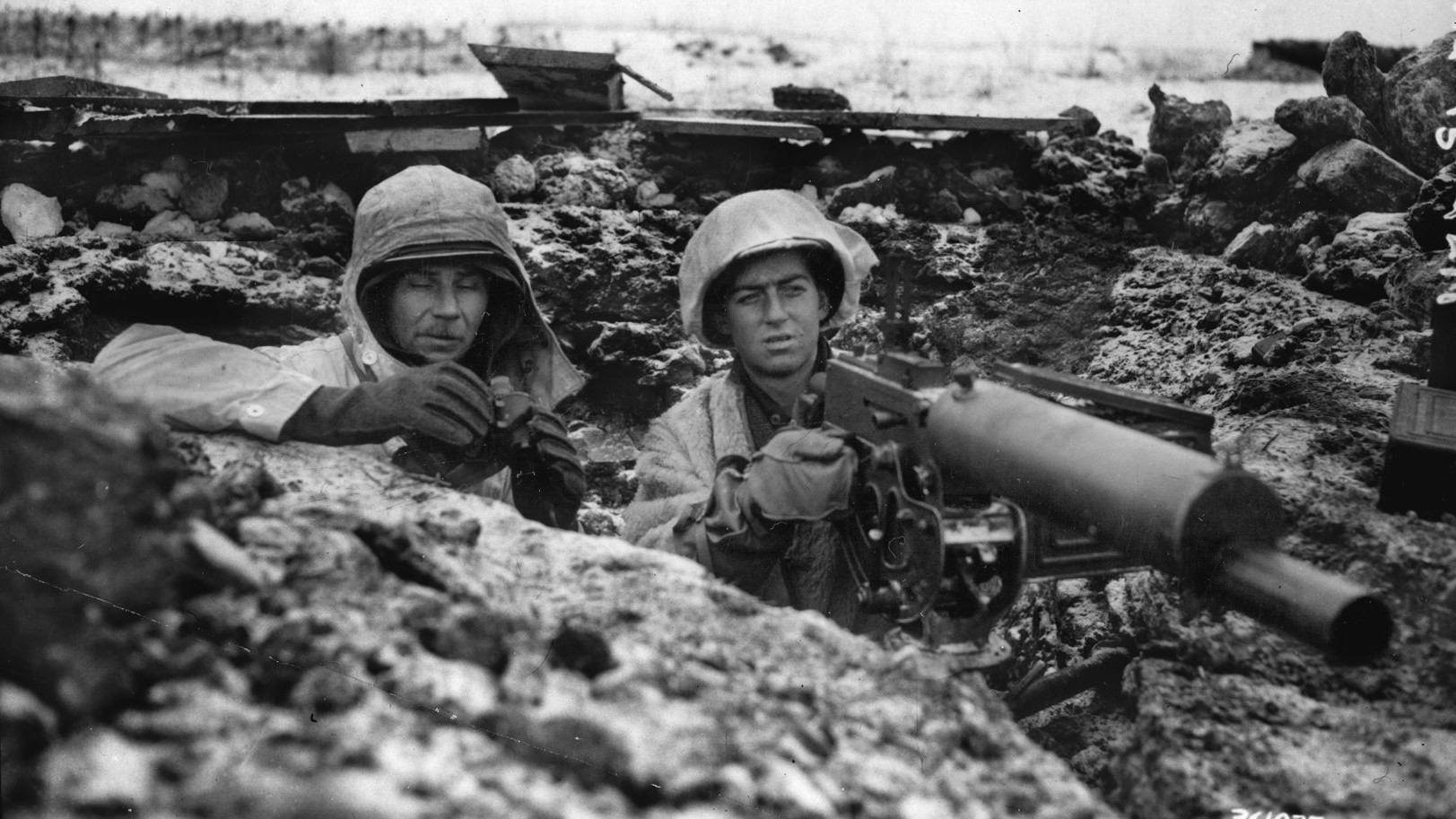
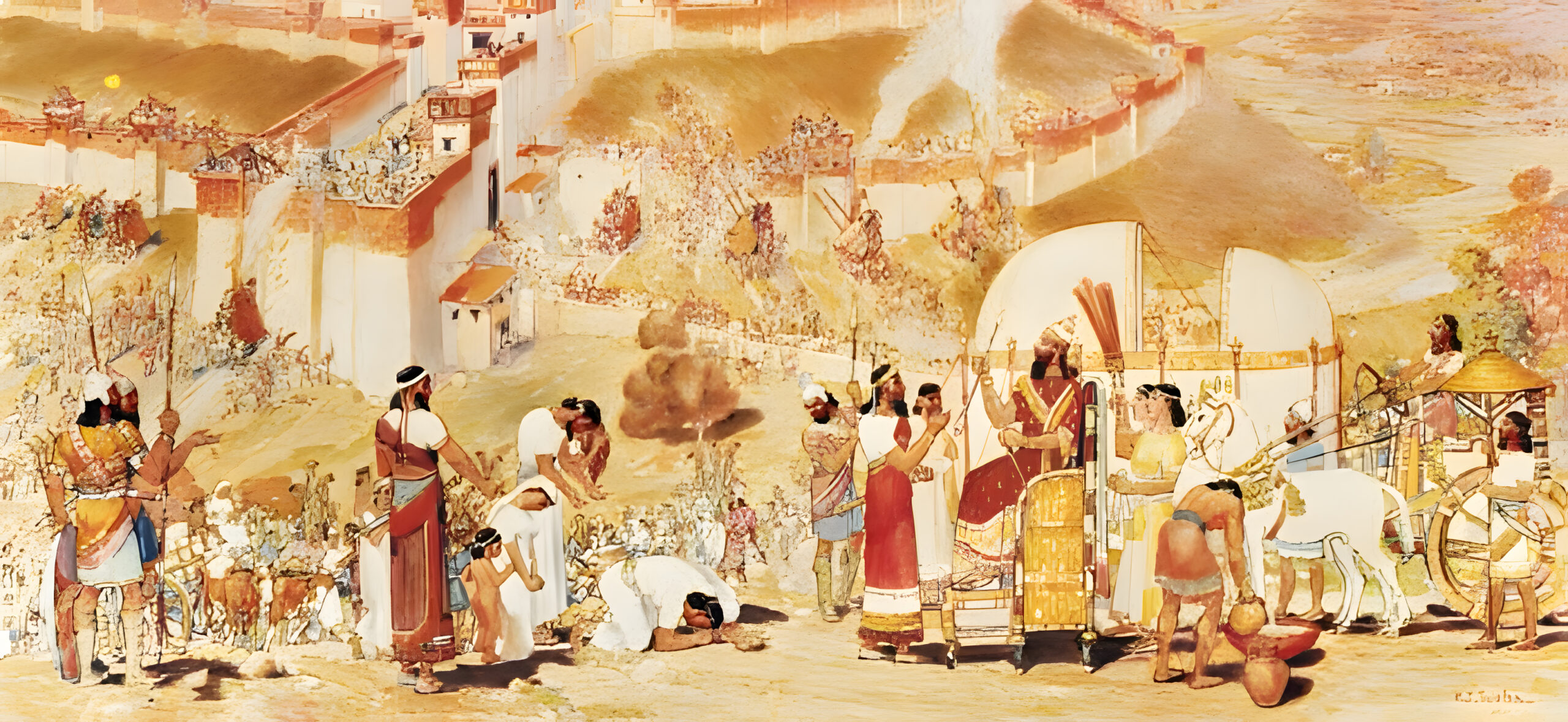
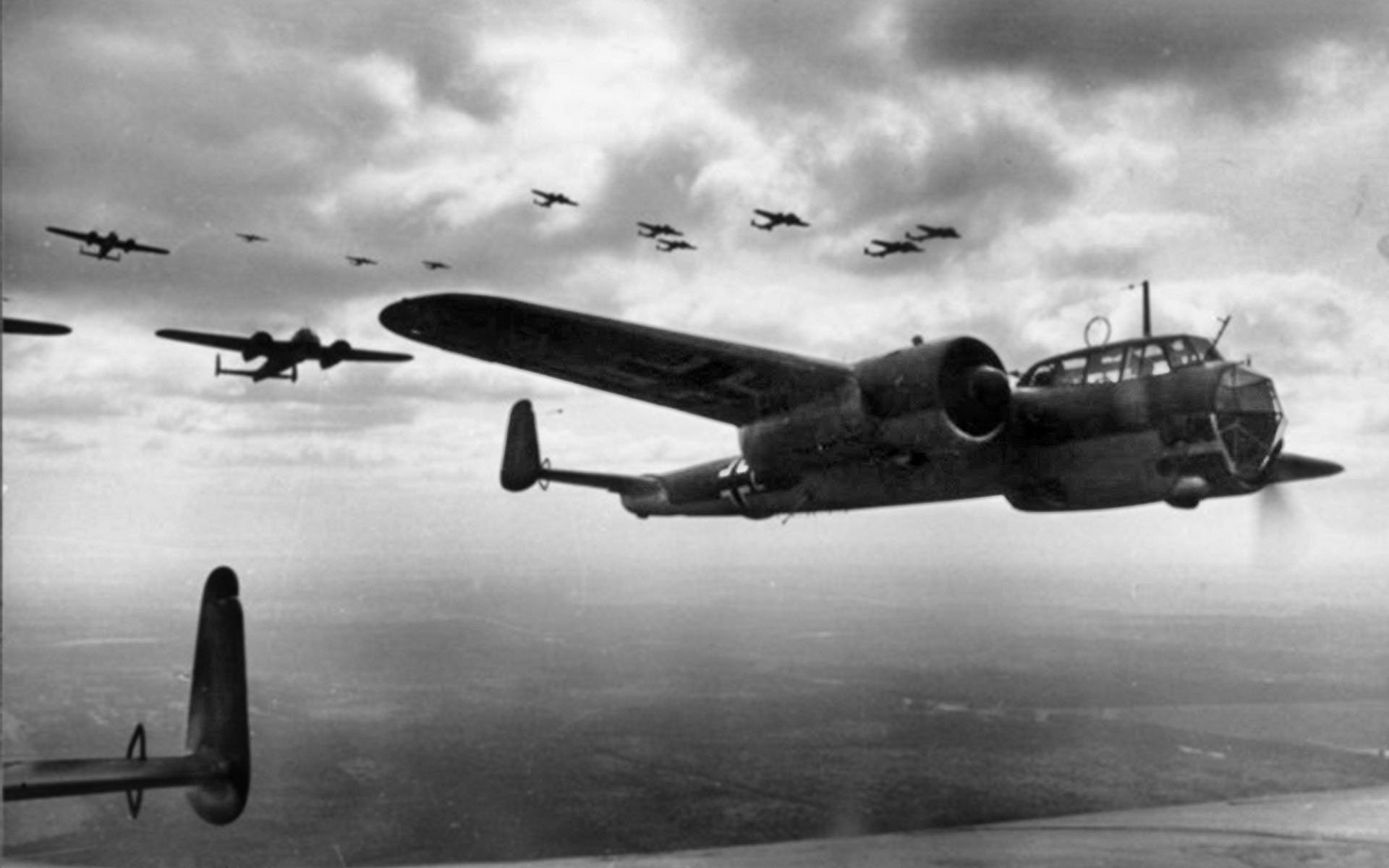
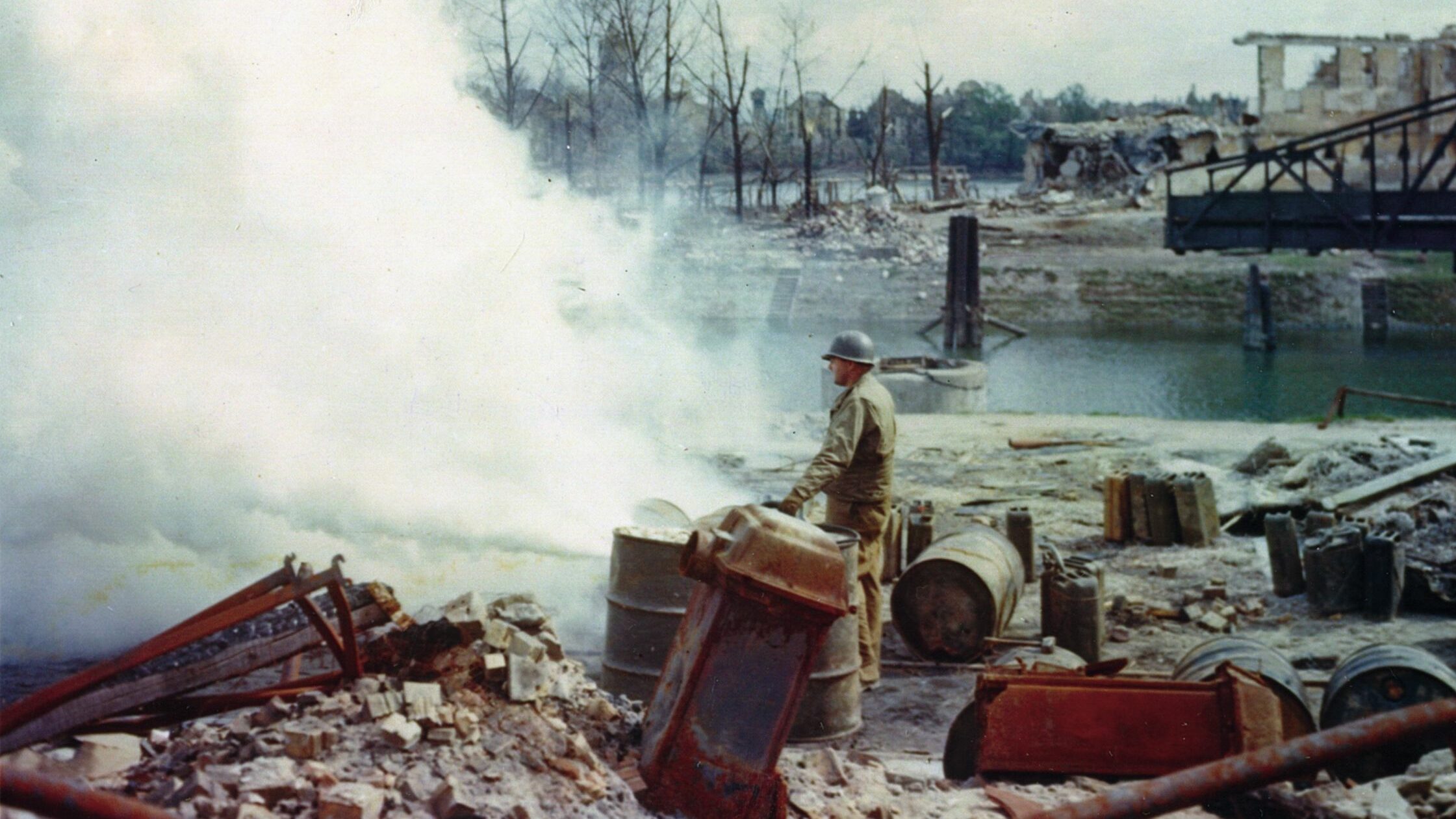
Join The Conversation
Comments
View All Comments